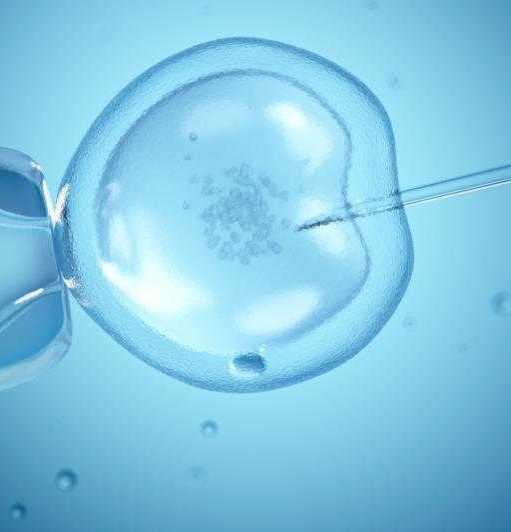Custom-made humans? Scientists edit embryo genomes for the first time
Chinese scientists have edited the genomes of human embryos - the first time this procedure has been carried out. Their announcement confirms widespread rumours that such experiments had been taking place and is likely to reignite the ethical debate surrounding the issue. Gene-function researcher Junjiu Huang, from Sun Yat-sen University in Guangzhou, used “non-viable” embryos - which cannot be used in a live birth - from local fertility clinics. The team tried to edit the gene responsible for a potentially fatal blood disorder using a gene-editing technique known as CRISPR.
If you want to do it in normal embryos, you need to be close to 100%. That’s why we stopped. We still think it’s too immature.
Junjiu Huang, from Sun Yat-sen University in Guangzhou
The technique has already been successfully used on cows, pigs and monkeys. But the experiment on human embryos was only partially successful - of the 86 embryos injected, only a fraction contained the replacement genetic material. In some of the embryos, the gene editing caused unintended mutations in other genes. The aim of gene editing is to eradicate genetic diseases before a baby is born. But opponents believe it may cross an ethical line. Scientist Edward Lanphier told the Nature journal: “It underlines what we said before: we need to pause this research and make sure we have a broad based discussion about which direction we’re going here.”
Changing a genetic sequence could lead to unexpected problems that would be passed down from one generation to another while triggering other defects or diseases
Biologist Zhao Shimin

Science genome